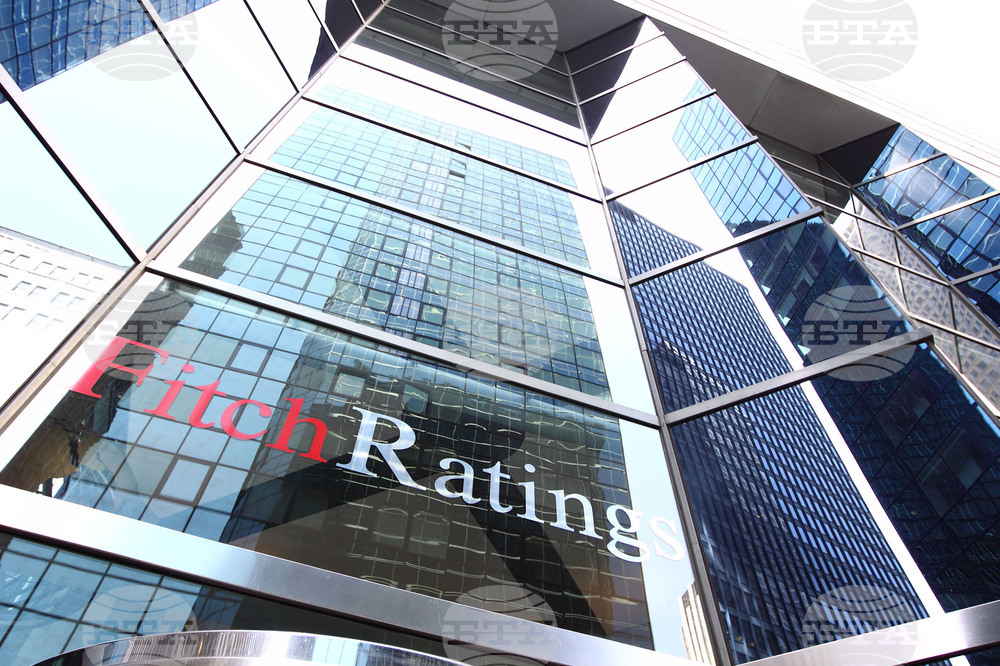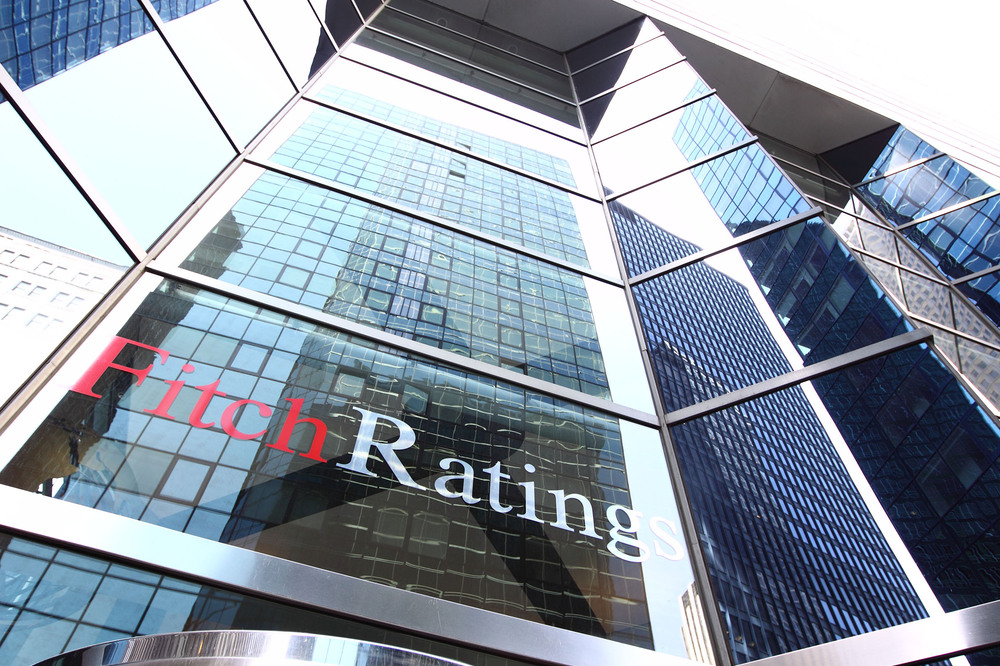site.btaFitch Affirms Bulgaria's Rating at 'BBB' Outlook Positive


Fitch Ratings has affirmed Bulgaria's Long-Term Foreign-Currency Issuer Default Rating (IDR) at 'BBB' with a Positive Outlook, the Finance Ministry said.
Bulgaria's ratings are supported by its strong external and public balance sheets versus 'BBB' peers and credible policy framework, underpinned by EU membership and a long-standing currency board. This is balanced against low labour productivity and unfavourable demographics, which weigh on potential growth and government finances over the long term. World Bank Governance Indicators (WBGI) have worsened in recent years, reflecting a history of unstable coalition governments.
The Positive Outlook reflects the prospects for euro adoption, which would lead to further improvement in external metrics. Fitch considers that there is broad political commitment at the national and EU level to euro adoption.
Bulgaria met all the euro-adoption nominal convergence criteria apart from price stability according to the 2024 Convergence Report, which was released in mid-2024. Since then inflation in Bulgaria has continued to decline, narrowing the gap between average inflation in the country and that of the three best performing EU member states.
HICP inflation was 1.5% in September 2024 and core inflation stood at 2.3%, suggesting a broad-based easing of price pressures. Inflation is expected to begin to increase gradually in coming months as base effects become less favourable and the inflationary effect of strong nominal wage growth feeds through to prices. Average HICP is expected at 3% in 2024, 3.5% in 2025 and 3.1% in 2026, slightly above peer median.
Fitch expects GDP growth of 2% in 2024, up from 1.8% in 2023, supported by solid private consumption and resilient investment activity, despite elevated political uncertainty and delays in implementation of NRP. Net exports will be a drag on growth as external demand remains weak and buoyant domestic demand boosts the import bill. GDP growth will pick up to 2.5% in 2025 and 2.7% in 2026, slightly weaker than peers, mostly on the back of expected recovery of external demand.
Fitch forecasts the budget deficit to widen to 2.8% of GDP in 2024, from 1.9% in 2023, reflecting higher costs of compensations and social spending. Lack of revenue-enhancing measures will keep the budget deficit unchanged at 2.9% in 2025-2026.
Factors that could, individually or collectively, lead to negative rating action include lack of progress in eurozone accession due to persistent political instability or a failure in meeting convergence criteria or weaker economic growth prospects.
Bulgaria will ask for an extraordinary report on its euro area preparedness as soon as it meets the last condition for price stability, confirmed by Prime Minister Dimitar Glavchev to Bulgarian journalists in Brussels on October 16.
/PP/
news.modal.header
news.modal.text